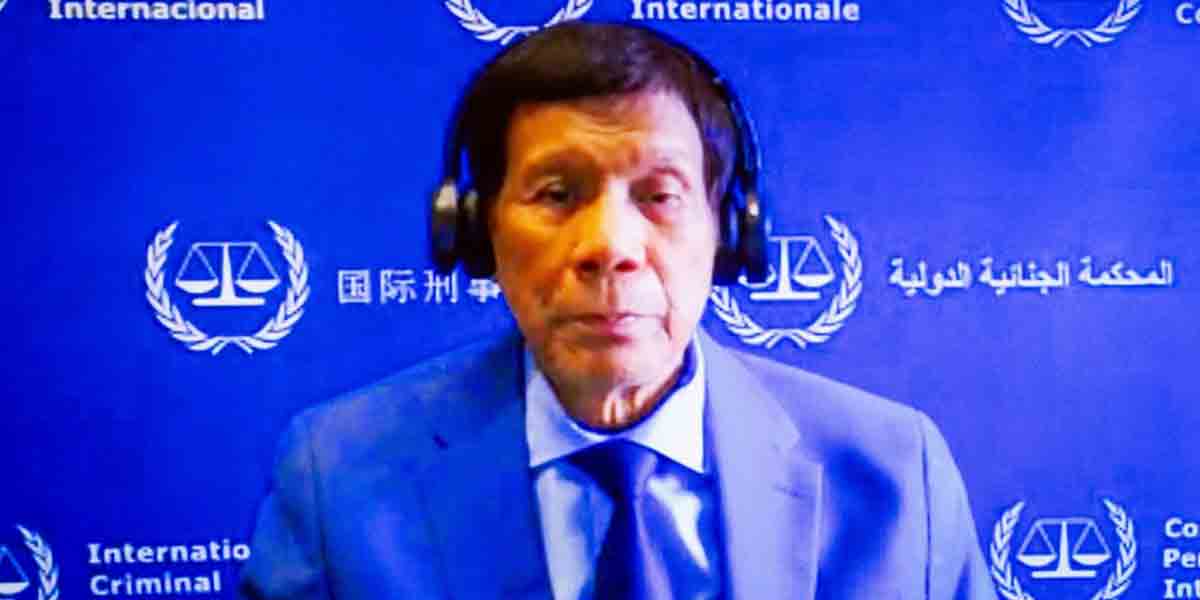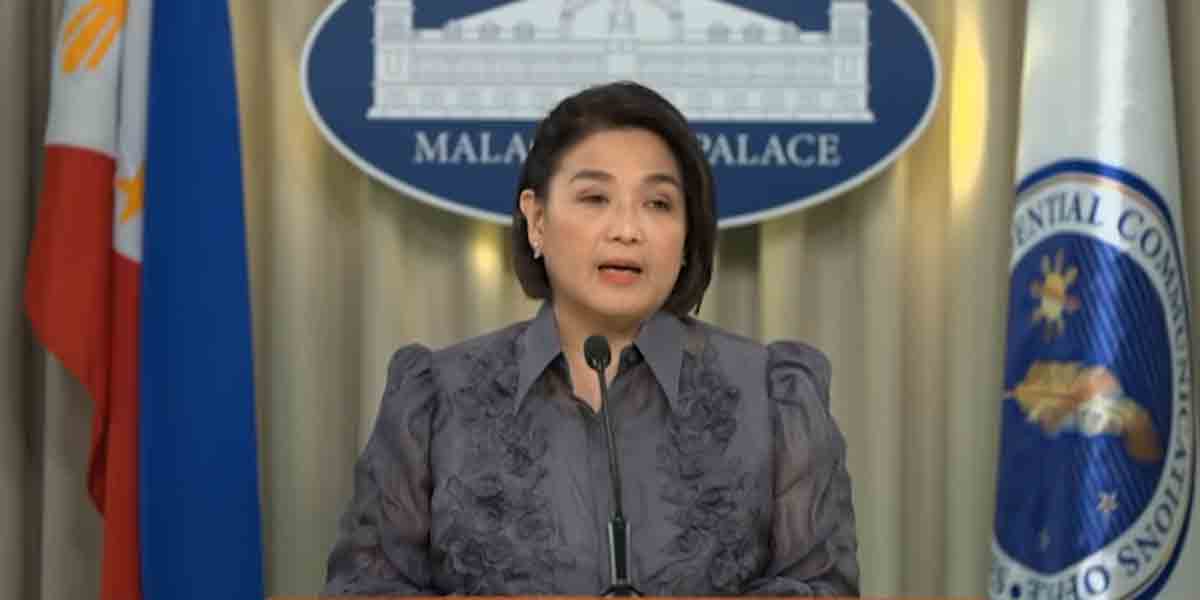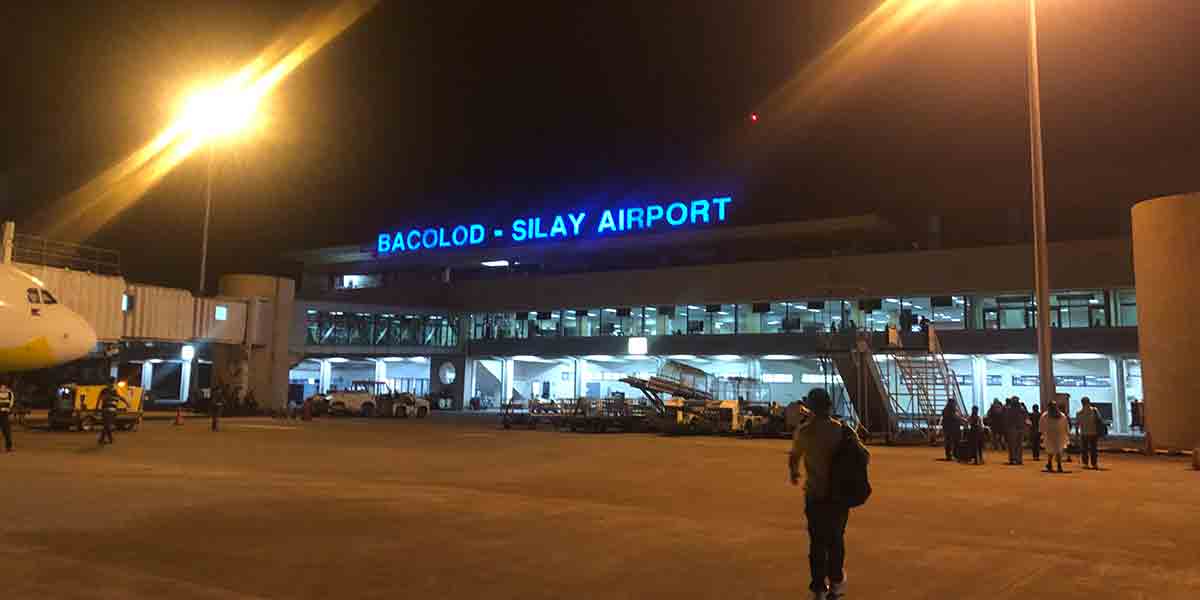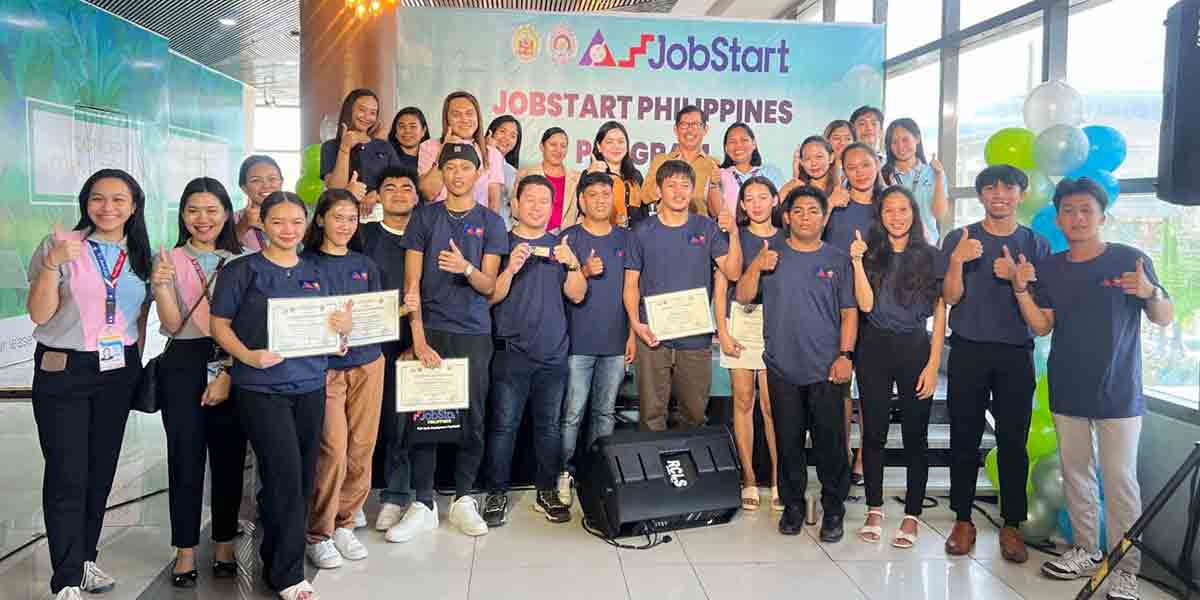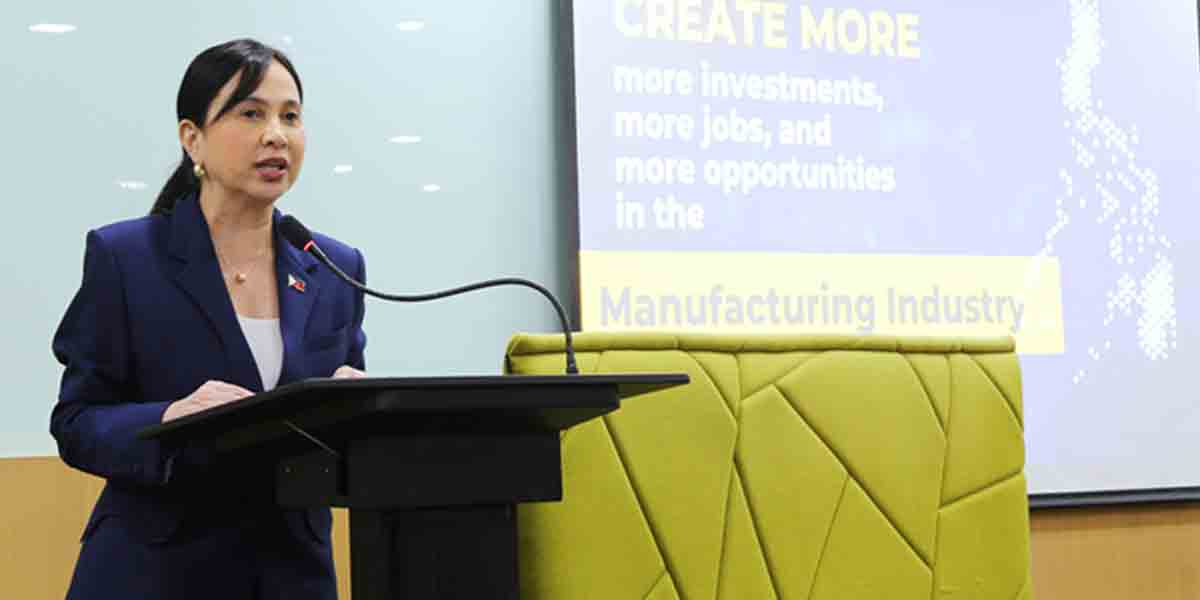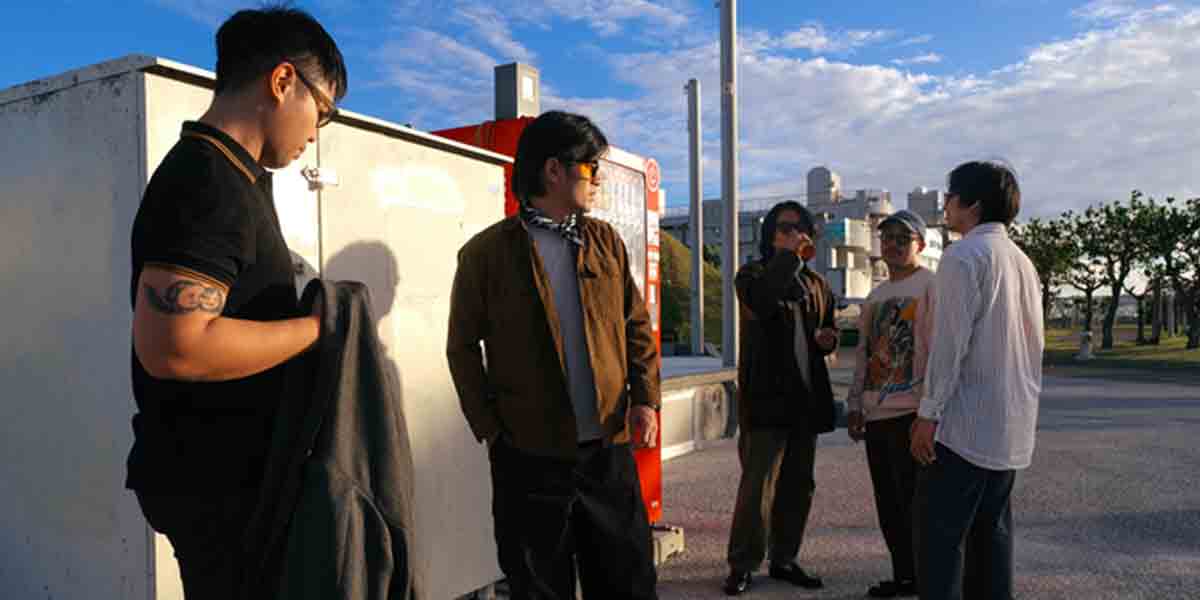By Michael Henry Yusingco, LL.M
Elements of a very nasty conspiracy theory are coming to the fore. The fact that a clear majority of political families own construction companies, a budget for flood control projects in the trillions, and now, lawmakers quick to shift the blame for the most recent deluge to somewhere else. Are political dynasties actually profiting from our misery?!
There is no doubt that Filipinos have contributed to the conditions that cause massive floods. The tons of garbage left in the aftermath proves that. But voters must now accept that dynastic politicians are treating the national budget as a cash cow for their own economic and political ends. The very people chosen by taxpayers to manage public funds are essentially robbing them blind.
I am reminded of the Supreme Court decision in the case of Belgica vs. Executive Secretary (G.R. No. 208566, November 19, 2013) where one of the petitioners actually argued that the Pork Barrel System enables politicians who are members of political dynasties to accumulate funds to perpetuate themselves in power. Seemingly an assertion that is based on fact and experience.
Bizarrely, the court said that such argument was “largely speculative since it has not been properly demonstrated how the Pork Barrel System would be able to propagate political dynasties.” Of course, even though intuitively true, a court of law would still need evidence to be presented before it to arrive at the same conclusion. Due process must be satisfied to judicially admit a reality every Filipino already knows and endures.
This harsh truth is about to hit the people once again. Just a few days ago the House of Representatives received Malacañang’s proposed Php 6.352-trillion national budget for 2025. Fortunately, the latter is uploaded on the Department of Budget and Management website. It is not an easy document to read, but it still warrants our undivided attention given all the dynastic politicians with ill intent in Congress.
Fundamentally, the budget process entails the allocation and disposition of public funds to attain the economic and social goals of the country. It basically demonstrates how the government intends to manage financial resources to support the implementation of its various programs and projects. The principles underpinning the national budget is very much the same as with family household budgets. Needs-based and within means.
Budgeting for the national government involves four distinct phases: preparation, legislation or authorization, implementation, and accountability. The intervention of civil society in every phase is critical to ensuring every item in the budget is above board. The most challenging phase to intervene is where we are now. Simply because lawmakers are cagier than usual when it comes to legislating the budget.
It is important to remember that the national budget is not just about projects which public officials can use as evidence of their “good governance”. The budget must always be assessed with the problem-solving lens. To do otherwise would simply perpetuate the untenable situation of the government just treating symptoms of the problem and failing to address the root causes. Case in point is the perennial crisis of flooding.
Pertinently, economists are now issuing an alert that voters must heed. A budget law can always contain “unprogrammed appropriations” or specified projects that can only be authorized if the government has extra money. For instance, the 2016 General Appropriations Act had only eight such projects which included the Armed Forces of the Philippines Modernization Program and payments for living World War II veterans.
Now it appears that lawmakers are using this item in the national budget to insert their pet projects. This is an underhanded scheme to circumvent the ban on pork barrel. And even worse, it seems part of this suspicious modus operandi is to divert “surplus” funds from other sources and use it to implement these pet projects. Arguably, the budget ethos of being needs-based and staying within means is being disregarded here.
Sadly, we really cannot rely on lawmakers to put the public interest above their own. For as long as dynastic politicians dominate Congress, the public coffers are never truly safe. Many of them, if not all, have set up businesses that are designed to profit directly from their political office. Fortunately, this year’s budget can still be saved from dynastic capture. Hopefully, voters can fully reclaim the budget process for all us in 2025.

